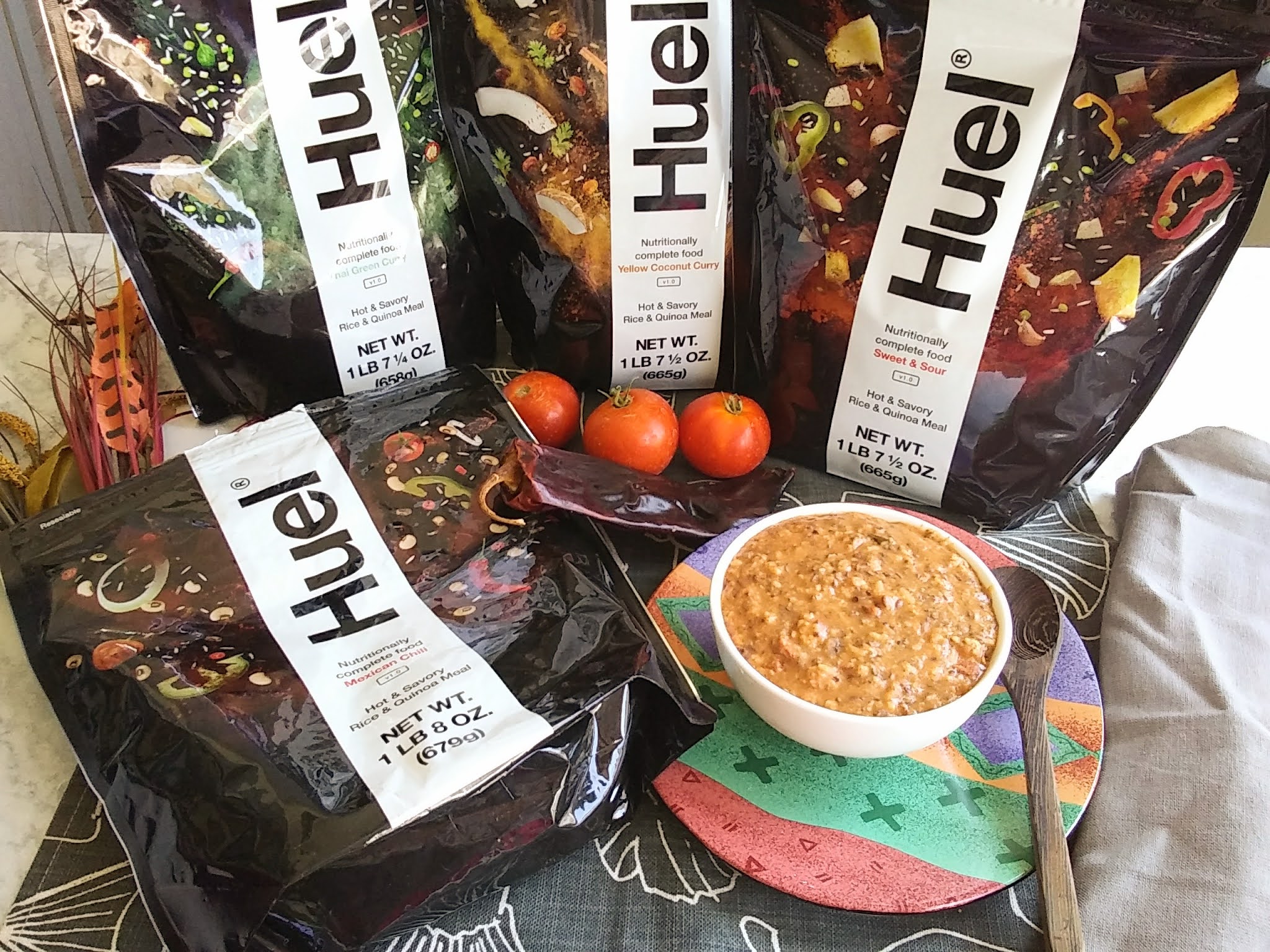In recent years, Huel has emerged as a popular choice for those seeking convenient and nutritious meal replacements. With its unique blend of protein, carbohydrates, fats, and essential vitamins and minerals, Huel aims to provide a complete food solution for busy individuals. This article will delve into Huel food reviews, exploring the product's ingredients, taste, nutritional value, and customer feedback to help you make an informed decision.
As we navigate through the intricacies of modern diets and lifestyle choices, meal replacements like Huel have gained traction. This article will provide an in-depth analysis of Huel, including its various products, to ensure you understand what you're consuming. We will also assess its credibility in the market as a nutritious option that aligns with various dietary needs.
Whether you are a fitness enthusiast, a busy professional, or someone exploring dietary changes, understanding Huel's offerings is essential. Join us as we explore Huel food reviews and uncover whether this meal replacement is the right fit for you.
Table of Contents
- Huel Overview
- Ingredients and Nutrition
- Flavor Varieties
- User Reviews and Testimonials
- Pros and Cons of Huel
- Comparison with Other Meal Replacements
- How to Incorporate Huel into Your Diet
- Conclusion
Huel Overview
Huel is a brand known for its meal replacement products that are designed to provide balanced nutrition in a convenient form. Founded in 2014, Huel stands for "Human Fuel," reflecting its mission to offer nutritionally complete meals that cater to a variety of dietary preferences. Huel products are available in different forms, including powders, ready-to-drink bottles, and bars, making it easy for consumers to find a format that fits their lifestyle.
Ingredients and Nutrition
One of the standout features of Huel is its commitment to using high-quality ingredients. Huel products are formulated with a blend of:
- Pea protein: A high-quality plant-based protein source.
- Brown rice protein: Complements the amino acid profile of pea protein.
- Oats: Provide complex carbohydrates and fiber.
- Flaxseed: A source of omega-3 fatty acids.
- Vitamins and minerals: Essential nutrients to support overall health.
Each serving of Huel is designed to provide a balanced ratio of macronutrients, delivering around 400 calories per serving. It contains approximately 30 grams of protein, 40 grams of carbohydrates, and 13 grams of fat, along with a comprehensive vitamin and mineral profile.
Nutrition Facts
| Nutrient | Amount per Serving |
|---|---|
| Calories | 400 |
| Protein | 30g |
| Carbohydrates | 40g |
| Fat | 13g |
| Fiber | 7g |
Flavor Varieties
Huel offers a diverse range of flavors to cater to different taste preferences. Some of the popular flavors include:
- Vanilla
- Chocolate
- Strawberry
- Banana
- Salted Caramel
Additionally, Huel also provides an unflavored option for those who prefer to customize their meals. The variety in flavors helps maintain interest in meal replacements, making it easier for users to integrate Huel into their daily routines.
User Reviews and Testimonials
To truly understand the effectiveness of Huel, it’s essential to consider the experiences of actual users. Many customers have shared positive feedback about Huel's convenience and nutritional content:
- Convenience: Users appreciate the ease of preparing Huel, especially for busy mornings or on-the-go meals.
- Nutritional Value: Many users have noted improvements in their overall health and energy levels after incorporating Huel into their diets.
- Weight Management: Some have found that Huel helps them manage their weight effectively without sacrificing nutrition.
However, not all reviews are glowing. Some users have mentioned concerns about the taste and texture, with a few finding the drink too thick or the flavors not as appealing as expected.
Pros and Cons of Huel
Like any product, Huel has its advantages and disadvantages. Here’s a breakdown:
Pros
- Nutritionally complete meal replacement.
- Variety of flavors to choose from.
- Convenient for busy lifestyles.
- Suitable for various dietary preferences, including vegan.
Cons
- Some users may find the taste and texture unappealing.
- Price point may be higher compared to traditional meal options.
- Not suitable for everyone, particularly those with specific dietary restrictions.
Comparison with Other Meal Replacements
When considering Huel, it’s helpful to compare it with other popular meal replacement options, such as Soylent and Orgain. Here’s a brief comparison:
| Brand | Calories per Serving | Protein | Price |
|---|---|---|---|
| Huel | 400 | 30g | $2.00 |
| Soylent | 400 | 20g | $2.50 |
| Orgain | 230 | 16g | $3.00 |
Huel stands out for its protein content and comprehensive nutrition, making it a compelling choice for those seeking a meal replacement that aligns with fitness goals.
How to Incorporate Huel into Your Diet
Integrating Huel into your daily routine can be straightforward:
- Breakfast Replacement: Start your day with a Huel shake for a quick and nutritious breakfast.
- Post-Workout Recovery: Use Huel as a recovery drink after your workouts to replenish lost nutrients.
- On-the-Go Meals: Keep a Huel bottle handy for busy days when you can’t sit down for a meal.
Experimenting with different flavors and recipes can also enhance your experience with Huel, making it a versatile addition to your diet.
Conclusion
In summary, Huel presents a viable option for those seeking a nutritious and convenient meal replacement. With a balanced nutritional profile, a variety of flavors, and positive user experiences, Huel is worth considering for anyone looking to simplify their meal planning. However, it’s essential to weigh the pros and cons based on your unique dietary needs and preferences.
We encourage you to share your own experiences with Huel in the comments, and don’t hesitate to explore other articles on our site for more insights into healthy eating and nutrition.
Final Thoughts
Thank you for reading our comprehensive review of Huel food products. We hope this article has
Article Recommendations


